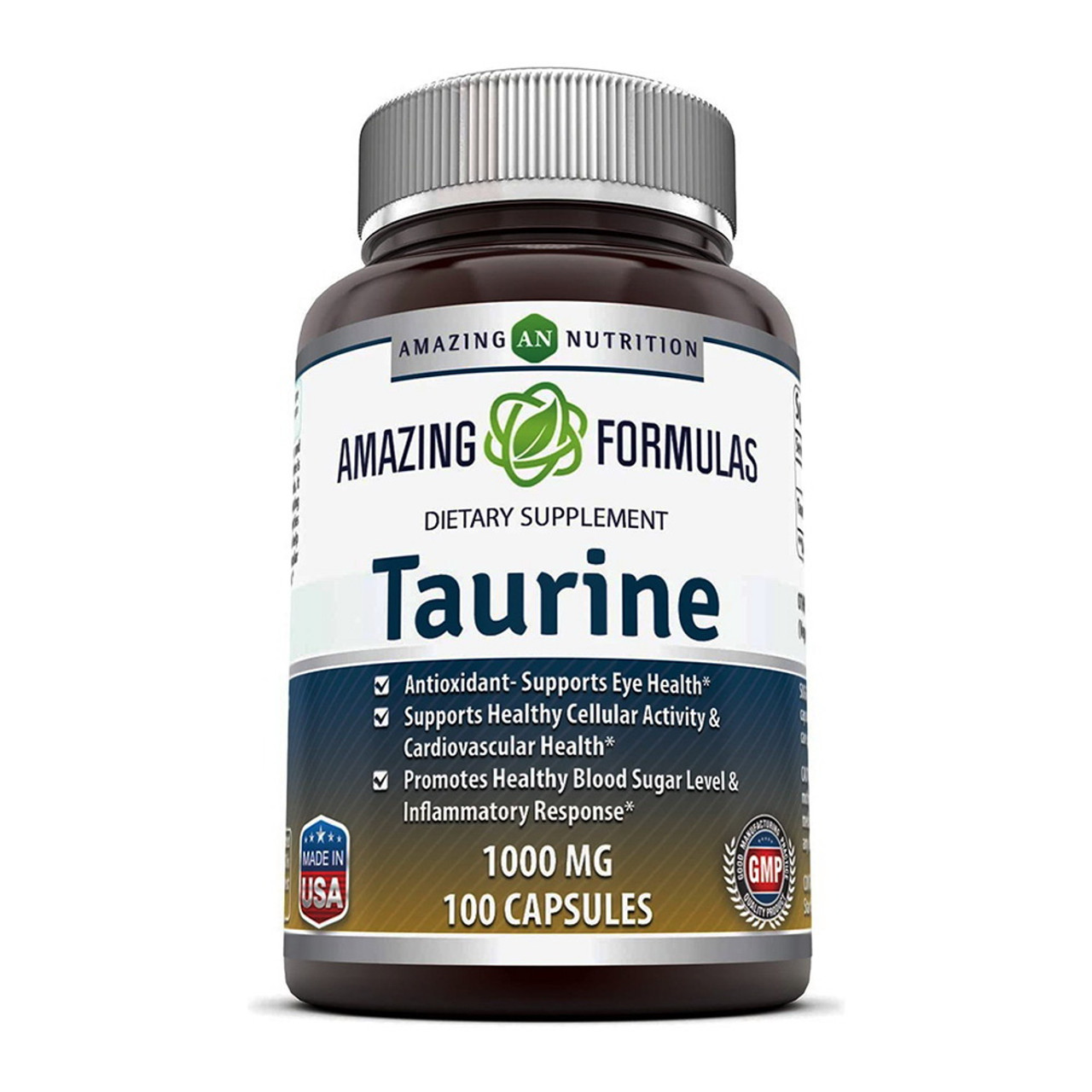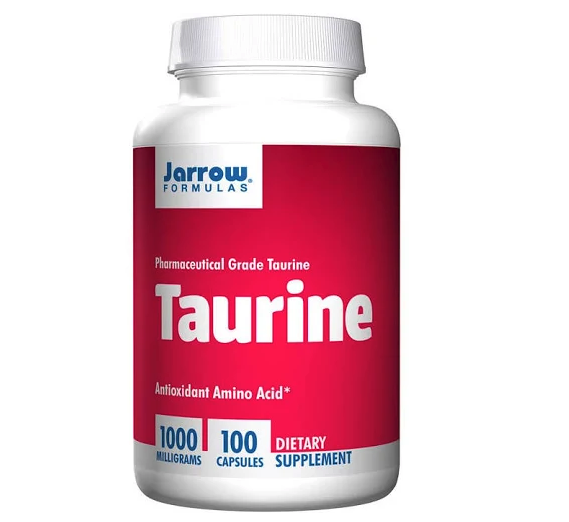
Īs a nootropic, taurine is essential for minimizing damage from beta-amyloid proteins associated with Alzheimer’s, protecting against environmental toxins, preventing mitochondrial dysfunction, and supporting the inhibitory GABA system. Using data from a WHO study covering 61 populations in 25 countries they confirmed that populations with the highest levels of taurine in their system lived the longest. The more we learn about taurine, the more we realize it is one of the most essential substances in the human body.Īfter extensive animal studies showing all the benefits of taurine, scientists in Japan were curious if there was a correlation in human health. Instead, it provides a host of other benefits which we’ll cover in this review. īecause of this distinctive structure, taurine is not used in the synthesis of proteins in your body and brain. And second, the acid group in taurine is sulfonic acid, instead of carboxylic acid like in other amino acids. The structure of taurine has two primary differences from essential amino acids.įirst, taurine’s amino group is attached to a beta-carbon instead of an alpha-carbon. Possibly because the aging body and brain cannot supply enough of the precursors required to synthesize taurine. Science also shows that taurine levels decline with age. Since taurine is found almost exclusively in animal-based foods, many vegans and vegetarians are at risk for taurine deficiency. It’s named after the Latin taurus which means bull or ox. Taurine was discovered by German scientists Friedrich Tiedemann and Leopold Gmelin in 1827 who first extracted it from ox bile. And you get the remaining taurine your body requires from eating seafood, meat, poultry, and eggs. Taurine is a “conditional” amino acid because some of this amino acid is synthesized naturally in your body. Taurine is synthesized in your body from methionine and cysteine via cysteinesulfinic acid decarboxylase (CSD). Taurine (2-aminoethane-sulfonic acid) is one of the most abundant amino acids in your body. Taurine increases stem cells and progenitor cells (neural precursor cells) in your brain including the aging hippocampus and increases the survival of newborn neurons ( neurogenesis). It is a potent antioxidant, protects from mitochondrial dysfunction, modulates energy metabolism within cells, modulates genes to induce longevity, inhibits cellular stress associated with Alzheimer’s, acts as ‘quality control’ in brain cell health, and protects against stroke.

TAURINE 1000 MG FREE
Taurine protects brain cells by reducing intracellular free calcium (Ca 2+) concentrations. Activating GABA and glycine receptors which affects memory and mood and prevents seizures. Taurine functions as a neurotransmitter and neuromodulator in your brain. In this review we’ll dive into all the of the nootropic benefits provided by supplementing with taurine. And stack a taurine supplement with a cup of coffee or green tea. Įveryone from athletes to exhausted soccer moms grab a Red Bull ® to improve performance and make it through their day.īut a better option is to avoid the sugar-laden energy drink. The hidden issue often missed in the news is energy drink caffeine content ranging from 80 – 300 mg per can. Turns out that adding taurine to your nootropic stack is perfectly safe.

And because taurine is the featured ingredient many assume that taurine is the problem. Occasionally we’ll see a story about sudden death or seizure from consuming as few as 3 – 4 cans of some energy drink.
TAURINE 1000 MG FULL
You may be familiar with taurine only because it’s a featured ingredient in popular energy drinks like Red Bull, Rock Star, NOS, Amp, Full Throttle, and Monster. Taurine (2-aminoethane-sulfonic acid) is one the most abundant amino acids in your brain, spinal cord, eyes, and nearly every tissue in your body.Įvery region of your brain including the retina in your eyes contains or takes up the amino acid taurine. The recommended daily dosage of taurine as a nootropic supplement is 500 mg – 2 grams, and it is generally safe, with minimal side effects.

Taurine shows potential therapeutic benefits for conditions like autism, OCD, and epilepsy, though individual responses may vary. Taurine may positively impact anxiety, depression, and ADHD by influencing brain signaling and inflammation regulation. Taurine, an abundant amino acid found in various tissues of the body, can be safely added to a nootropic stack, and its association with energy drinks is distinct from its nootropic benefits.Īs a nootropic, taurine functions as a neurotransmitter, protects brain cells, promotes neurogenesis, and supports memory and mood.


 0 kommentar(er)
0 kommentar(er)
